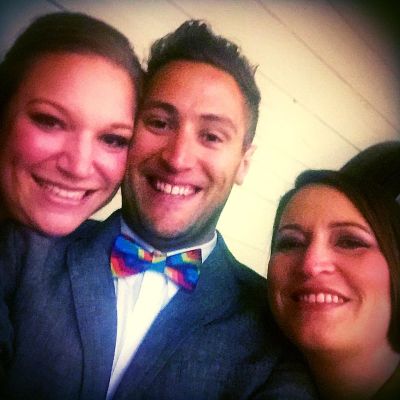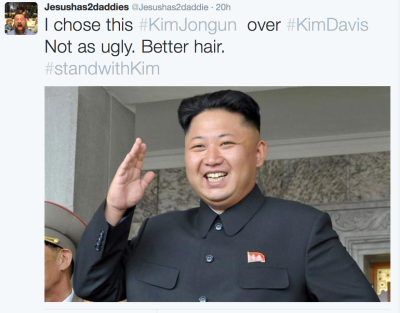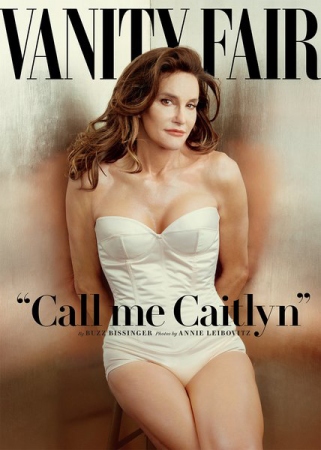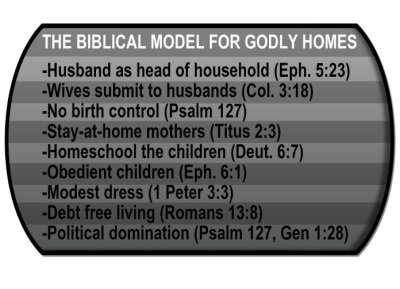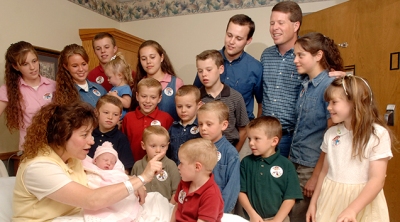With the holidays just around the corner and the frazzled, crisp ping of anxiety, rush, and panic take over the air around us, it is easy to forget to stop and “smell the roses.” In times where teaching positions continue to shrink and more universities switch to adjunct labor, fees and class costs continue to rise, or just simply life, becomes a little more complicated, due to the nature of balancing life, activism, work, friendships, or relationships, remembering to remind myself to be thankful is another task, I find adding to the never-ending list of stuff I always seem I have to do.
However, remembering to be thankful, scheduling it into one’s daily schedule are vital to our success as new and emerging faculty or activists or just in general because being thankful reminds us that we have aspects of our lives that are worth being thankful for. Remembering to be thankful proves that we are in some way, connected to a larger sense of life that, at times, grants our wishes, wants, or desires, brings us despair and then allows us to get through it, or even makes us feel alive.
As I sit back and look at the personal and professional landscape around me I understand that I have a lot to be thankful for both consciously and unconsciously. Most recently at AAR, I participated on a panel in response to Bernadette Barton’s Pray the Gay Away. During the course of our panel, the conversation of chosen vs. biological families came up. Most recently, my mentor and panel moderator, Dr. Marie Cartier, talked about it here on FAR and the difficulties many of us experienced in regards to our chosen families vs. our biological families. With the holiday season all around us, and regardless of what or if, you celebrate it or not, it is quite hard to get away from it all without realizing who your “family” is and whether or not you’re close or connected with them can be traumatizing during these times where we’re taught or expected to be with them.
After our discussion on the panel and then at the hotel bar, people discussed the pains and traumas in relation to not having a biological family to go home to during the holidays. Sitting there and listening to the conversations, I realized that, for once in my life, I had nothing to say.
Much of my Ph.D. work has been discussing and researching the ways that an individual or group’s spirituality can be in conflict with their sexual or gender identities. Not matching what “normative” values their respective religious dogmas present, are tools that have not only ripped multiple families apart throughout the years but also it have created the chosen families that many of us take solace in during times where we’re told to go home.
That act of be able to go home is a liberating action and there is nothing like it in the world; wherever home is for you, it is the place where your family, whether biological, chosen, or animal, meet you at the social location your most vulnerable and most receptive to the love that home can represent.
I was able to go ‘home’ each month this fall starting in August and ending this coming December for various reasons. Wisconsin to me still represents a place where both my biological and chosen families live and it is a place I always love to go to. However, I wouldn’t have been able to go home if it weren’t for the security that my job gives me.
In the act of reminding myself to be thankful, I have to step back and realize that for many of my friends or colleagues, this option is not doable. Many of my colleagues teach at 4 different universities, teach a course load that is beyond abusive to their professional or personal growth, and live off of an income/debt ratio that proves that academia is in for a rude awakening. This is becoming the new normal in academia, students and teachers who are overworked, overrun with debt, or unable to finish or vocalize their own academic/activist interests without selling out once they get those desired tenure jobs that demand their silence for servitude based off of university approved guidelines. Being able to even be thankful seems, from afar, like a paradox.
Remembering to be thankful may just be a privileged illusion that individuals in positions of power get to write about in the December of each year to self-congratulate themselves about being actually able to be able to be thankful. It may just seem like people who write about being thankful are complaining or pontificating that being thankful is in itself a chore. However, while all this may be true, I wanted to write this blog because I am mad that although I come from a position of privilege, I too wonder, at times, what I need to be thankful for or, more importantly, that other individuals who may or may not have drawn the same metaphorical straw that I did, are forced to live in situations where they are outcast from their religious or family circle because they refuse to be silent anymore about who they really are or that individuals are forced into university servitude just to get by.
In remembering to be thankful, I realize now, that although I am thankful, I am thankful for more than just my biological or chosen families or my job security, I am thankful that I am able to be mad and that that madness gives me the drive to continue doing that work that needs to be done to create a world where others too, a simple as it sounds, will be able to write posts about remembering to be thankful because everything else has been achieved.
Remembering to be thankful, remembering to remain fervently queer, and finally remembering the importance of ‘home’ are vital in our overall fight not against ourselves but in the daily struggle we all face in remembering that we do have things to be thankful for, whether chosen or not.
 ea and Cindy in holy matrimony in Appleton, WI. Having been ordained since 2009, I truly never thought I'd ever get the chance to use these credentials until they asked me a few months back. Although my answer was an automatic yes, I sought out to make sure that my homily and the imparting words of advice I gave them on their special day was something unique and not always heard at wedding ceremonies.
ea and Cindy in holy matrimony in Appleton, WI. Having been ordained since 2009, I truly never thought I'd ever get the chance to use these credentials until they asked me a few months back. Although my answer was an automatic yes, I sought out to make sure that my homily and the imparting words of advice I gave them on their special day was something unique and not always heard at wedding ceremonies. 